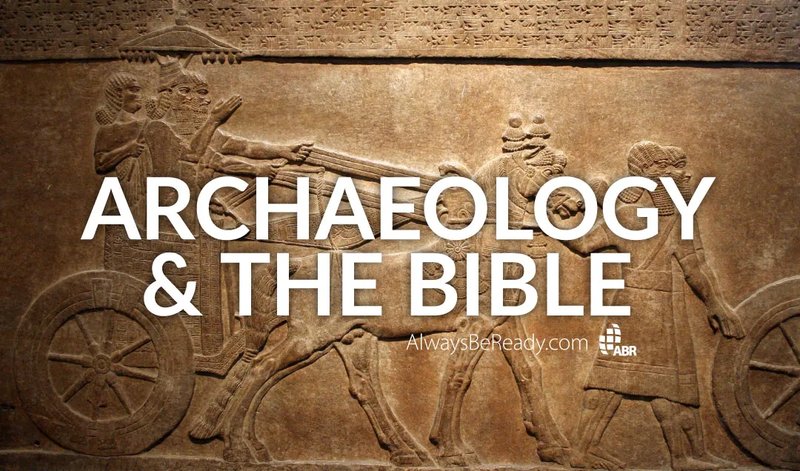· Apologetics > Apologetics and Unbelievers > Satire · 3 min read
Divine Revelation: Unveiling the Mystery of the Invisible Pink Unicorn
Discover the mysterious legend of the Invisible Pink Unicorn, a mythical creature that challenges traditional beliefs in a whimsical and thought-provoking way. Uncover the unique blend of invisibility and pinkness in this enigmatic symbol of parody religion.

The Invisible Pink Unicorn Argument
The Invisible Pink Unicorn argument is often used by atheists to challenge the belief in God. It claims that since the existence of an invisible pink unicorn cannot be disproven, it is just as valid to believe in it as it is to believe in God. This argument aims to show that belief in God is self-contradictory and irrational. However, this argument relies on a shallow understanding of Christian theology and fails to consider the logical consistency and historical evidence supporting the existence of God.
What is the Invisible Pink Unicorn Argument?
The Invisible Pink Unicorn argument presents the idea that if one can propose the existence of an invisible pink unicorn, which cannot be proven or disproven, then belief in God is equally valid. This argument is often used as a form of mockery or satire towards believers, suggesting that the attributes of God are paradoxical and therefore comparable to an imaginary creature like an invisible pink unicorn. However, this line of reasoning overlooks the depth and complexity of theological discussions regarding God’s attributes.
Misconceptions about Christian Theology
The Invisible Pink Unicorn argument misrepresents Christian theology by assuming that belief in God is solely based on the claim that God cannot be disproven. In reality, belief in God is supported by positive evidence and logical arguments. For example, the cosmological, teleological, and ontological arguments present logical reasoning and observations from nature to suggest the existence of a deity. Christianity, in particular, draws upon various sources such as the Bible, human experience, eyewitness testimony, and objective evidence to support its claims.
The Weaknesses of the Invisible Pink Unicorn Argument
The Invisible Pink Unicorn argument fundamentally misunderstands Christian theology and relies on caricatures rather than engaging in meaningful discussion. By associating faith with an inability to disprove something, it neglects the positive evidence and logical reasoning that underpin belief in God. While atheists are not obligated to accept these arguments, it is important to recognize that the Invisible Pink Unicorn argument does not effectively challenge the existence of God.
Why This Matters
Understanding and addressing the arguments presented by atheists, such as the Invisible Pink Unicorn argument, is crucial for Christians who wish to engage in meaningful dialogue and defend their faith. By recognizing the strengths and weaknesses of these arguments, believers can respond with well-informed and thoughtful responses that go beyond superficial mockery or ridicule.
Think About It
Consider the difference between informed dissent and ignorant caricature. While the Invisible Pink Unicorn argument may seem like a clever way to challenge belief in God, it ultimately falls short in providing a substantive critique. As a Christian, take time to explore the positive evidence and logical reasoning that support your faith. Engaging in deeper understanding and thoughtful discussions will strengthen your own convictions and allow for more fruitful conversations with those who hold different beliefs.



